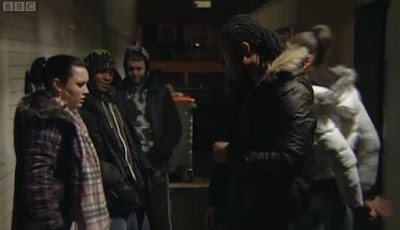Gareth has sent in this scan of a letter that was recently published in the Daily Mail:
Gareth writes:
Even disregarding the letter's content, the name at the bottom clearly shows this up as a spoof letter – although I fear this may be lost on many of the newspaper's readers.
The question is: is this letter something that the Mail has made up themselves, or is it a parody that someone has sent in that has been mistakenly published as genuine?
In fact, working as you do in the publishing industry, can you confirm my long-held suspicion that the majority of printed letters in newspapers and magazines are simply made up by bored staff members?
Thanks, Gareth - what a brilliant letter. However, Googling "Derek Hartopp" suggests that it
is not a spoof, as unlikely as that seems.
From my experience on consumer and business magazines, I can say that a minority of letters are made up.
I certainly haven't met many journalists with moral qualms about faking readers' letters.
That said, the primary reason for making up letters is need rather than boredom. Magazines often commit to running a letters page every week or month and then fail to receive enough suitable letters before the next issue goes to press. Of the letters received, some will be incomprehensible, some irrelevant, some libellous, some unoriginal, and some simply unprintable.









